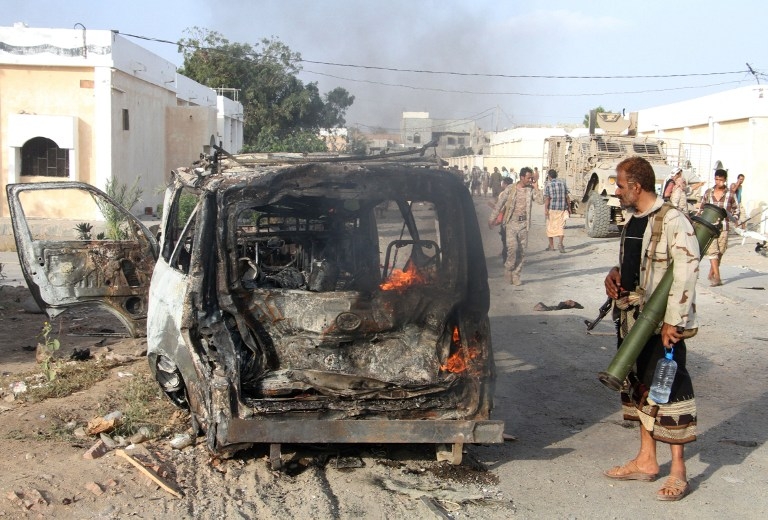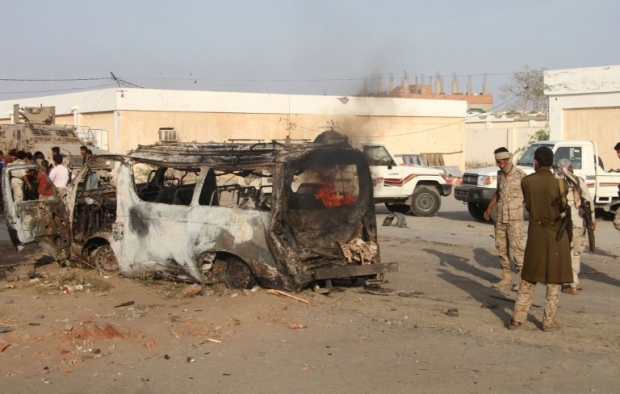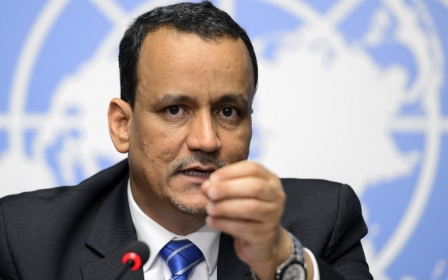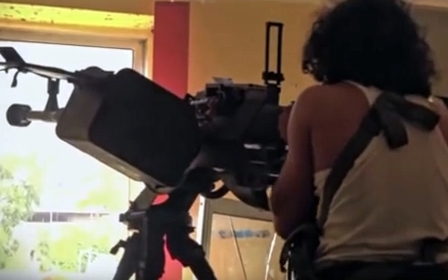Al-Qaeda claims suicide attack in south Yemen

Al-Qaeda on Friday claimed responsibility for a recent deadly attack on a government building in southern Yemen, which involved a suicide bombing.
Al-Qaeda's Ansar al-Shariah arm in a statement identified the suicide bomber as Abu Amer al-Hadrami, saying he had rammed his explosives-laden car into the gate of the local-government building in the provincial capital of Lahj on Monday.
Officials said at the time that six soldiers and four civilians were killed in the bombing and an ensuing gun attack by militants.
Security forces killed the assailants, including three who were wearing explosive belts.
The online al-Qaeda statement acknowledged the death of three militants "who controlled the building for three hours" before being killed, in addition to Hadrami.
The statement said the attack was carried out "to avenge martyrs" killed in raids by security forces, and those "tortured to death in prisons".
It did not refer to the many US air strikes which have targeted members of al-Qaeda in the Arabian Peninsula (AQAP) in southern Yemeni towns in recent months.
At least 25 suspected AQAP members have been killed in the air strikes.
AQAP has exploited a power vacuum created by the war between the government and Houthi rebels who control the capital Sanaa and number of cities along the Red Sea coast.
The United States regards AQAP as the network's most dangerous branch.
New MEE newsletter: Jerusalem Dispatch
Sign up to get the latest insights and analysis on Israel-Palestine, alongside Turkey Unpacked and other MEE newsletters
Middle East Eye delivers independent and unrivalled coverage and analysis of the Middle East, North Africa and beyond. To learn more about republishing this content and the associated fees, please fill out this form. More about MEE can be found here.





